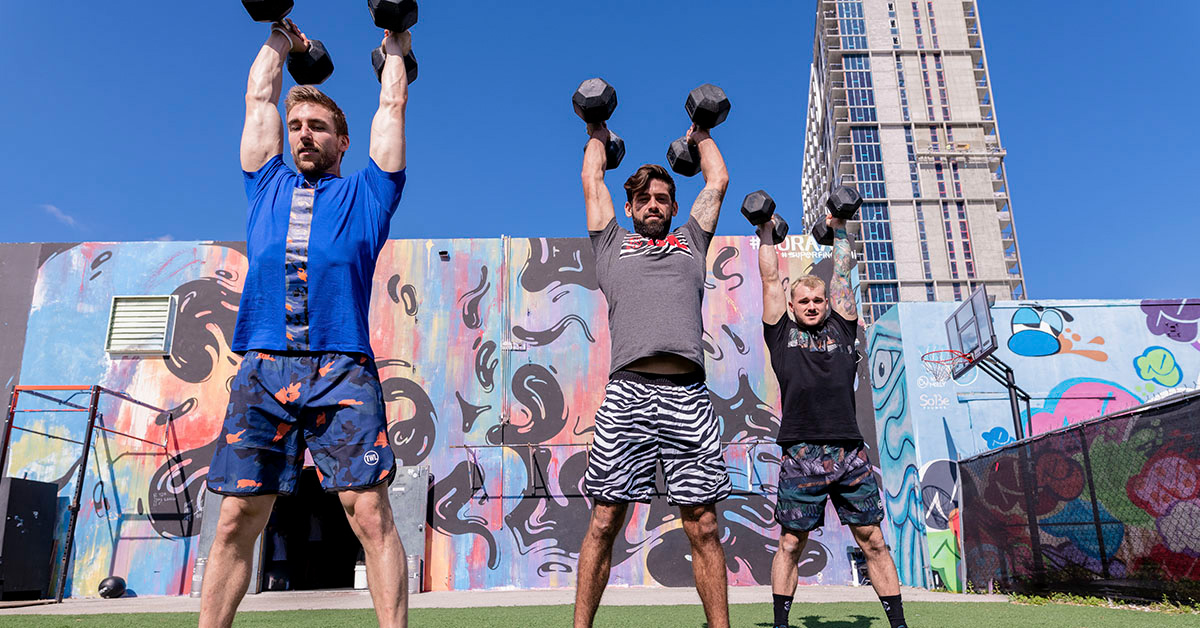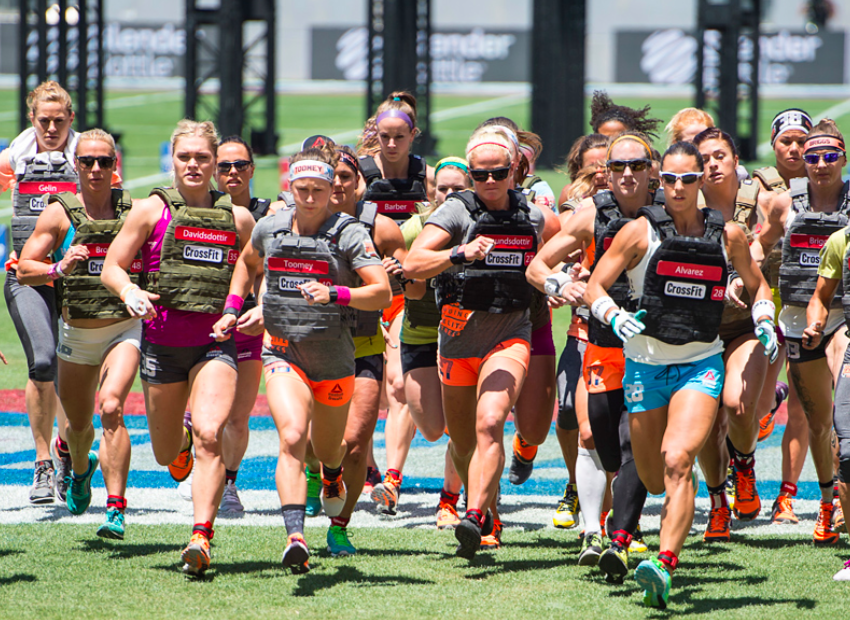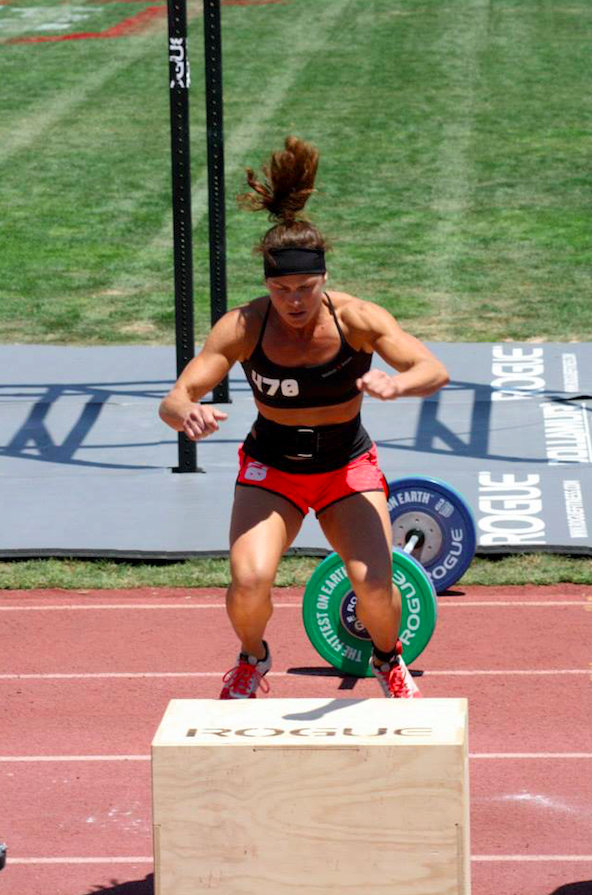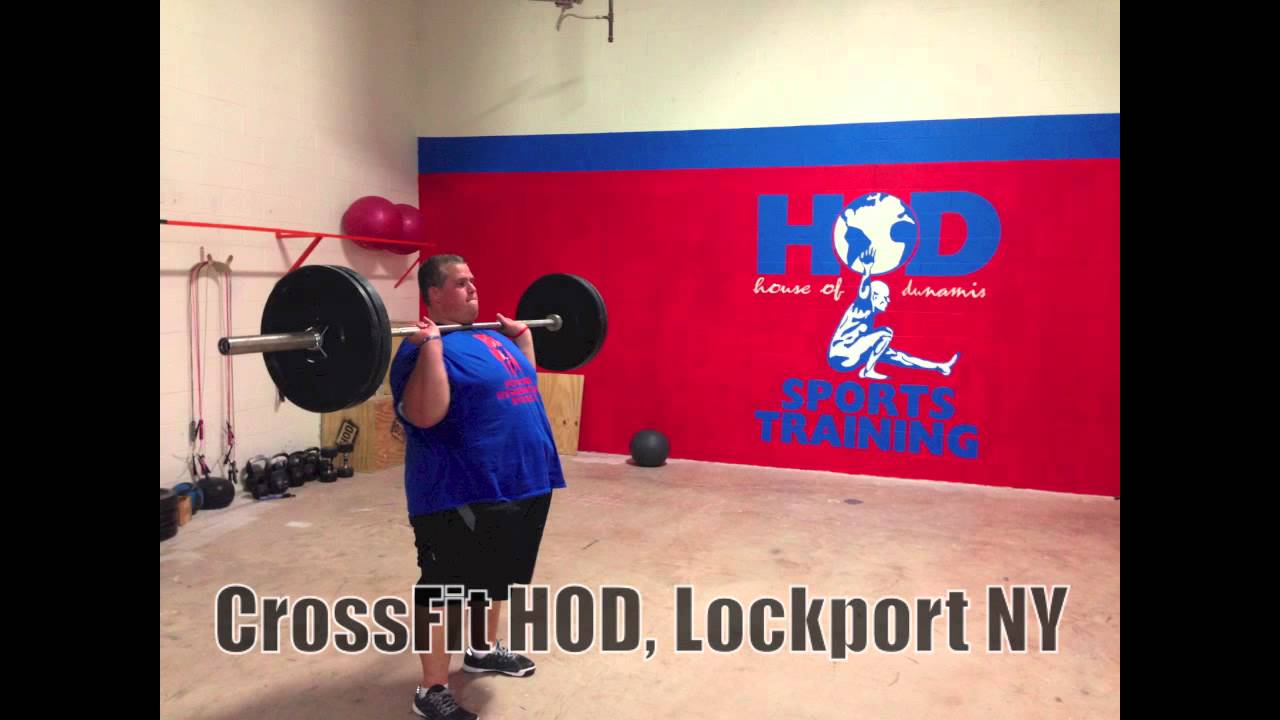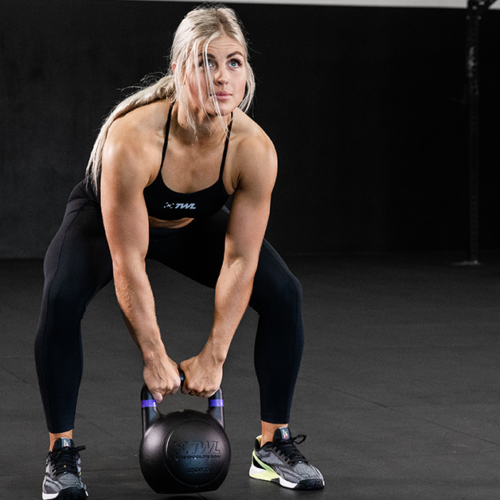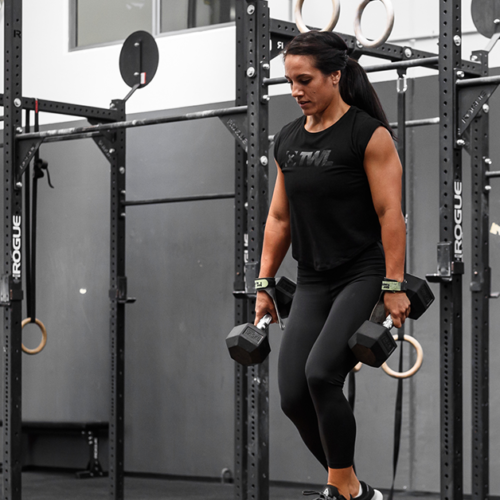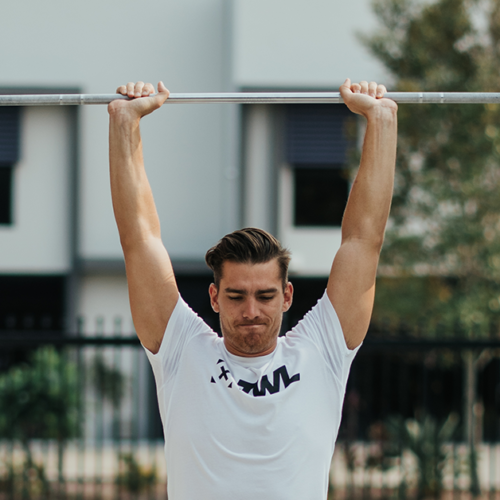If you want to improve your fitness and overall health, you have to make a commitment to changing bad habits. For many of us, this means spending more time in the gym. This is an excellent start, and physical activity is vital to your wellbeing.
How would you feel, though, if you knew that half the battle, if not more, happens outside the gym? If you’ve hit a plateau in your training but think you’ve been doing everything right in the gym, consider your lifestyle. You can perform at a higher level (and feel better, too) by simply changing a few everyday habits that you probably never even noticed were hurting you in the first place.
5 Everyday Lifestyle Habits That Could be Hurting Your Training
1. Eating Out
Besides eating junk food or fast food, which we all know isn’t great, the act of eating out usually comes with other implications. Are you going out more than once per week? Are you making good food choices? What kinds of oil do you think the restaurant uses? How much? The ingredients in the food and the food choices you make when eating out have an impact on your body. Whole food is fuel and a recovery formula better than any supplement.
We’re not telling you never to eat out. Balance is key. Even the pros let loose every once in a while!
The point is to make this the exception, not the rule. Keep cheat meals and eating out to once per week to ensure it doesn’t effect training. The other implication with eating out is that you typically pair it with drinks and late nights. This brings us to the other lifestyle habits.
2. Poor Sleep
Heavy lifting and metcons require a lot of rest for recovery. Sleep is going to be your best friend. If you go out every week, you’ll have trouble getting enough rest to recharge and keep up. During rest, your body releases hormones, actively recovers by building and repairing muscle, and masters movement patterns (think of the snatch).
Sleeping poorly is not something you can get away with once a week as you can a cheat meal. Training the days or week after a late night with friends is almost always sure to show its effects. Consistently high-quality sleep is a must.
On a related note, watch out for overtraining — training too much and recovering too little. Too much of a good thing can be a bad thing. Boundaries and limits are a positive!
Aim for a minimum eight to nine hours of sleep every night, without exception (and bear in mind that your body might want even more). If you’re used to functioning on seven, you’ll be amazed at the effects of sleeping and waking up feeling rested.
3. Drinking Alcohol in Excess
Eating out often? Sleeping late? If this has anything to do with alcohol, expect your performance to slow down significantly. Alcohol looks like sugar in your body. It’s also a depressant. Rather than waking up feeling alive and rested, you probably feel sluggish.
Alcohol also effects the production of testosterone in the body. Since we need this hormone to get stronger and for hypertrophy, quit the alcohol, or cut it down significantly. Again, balance is good. Drinking to an extreme is not.
4. Poor Posture
Do you work at a desk all day? How about the time you spend on your phone? Next time you’re scrolling through the ‘gram, check your posture. Odds are that your shoulders are rounded, your spine is hunched, and your head is sinking forward to look down at the screen.
Now, imagine taking that posture and using it to run a mile or snatch 90kg. It’s easy to see how pain, discomfort, and even injury could follow.
Always be aware of your posture and stance. Are you head, neck, and spine neatly stacked? Is your core engaged? Are your shoulders slightly rolled back? You can get help along the way with something like Posture Medic, which works as a dynamic brace to retrain your body to keep the ideal position.
Correcting your posture might feel like actual work at first, and that’s because the muscles you should be using are actually weak and unfamiliar with the proper position. But with time, it’ll become your new normal.
5. Overworking
Stress is a huge factor when it comes to performing at a high level. Overworking usually comes with fatigue and stress. These come with a whole host of issues that hinder physical progress, not to mention your general health.
For instance, the stress hormone cortisol encourages the body to store foods you eat as fat. The fatigue from overworking or studying a lot weighs down on you, if you’re doing too much and not resting adequately. It can effect sleep and increase your cravings for high-sugar foods, and this leads to a whole new chain of problems.
Make no mistake about it. The stress you experience during the day absolutely translates to your training.
If you can reign in your work, sleep, and food habits, you’ll notice, without changing your programming, that you have more energy to perform better each session. Faster recovery and more alert WODs lead to more of the same. Start minding your health and fitness outside of the gym, and everything will get better inside of the gym.
Which of these lifestyle habits do you want to work on first?

